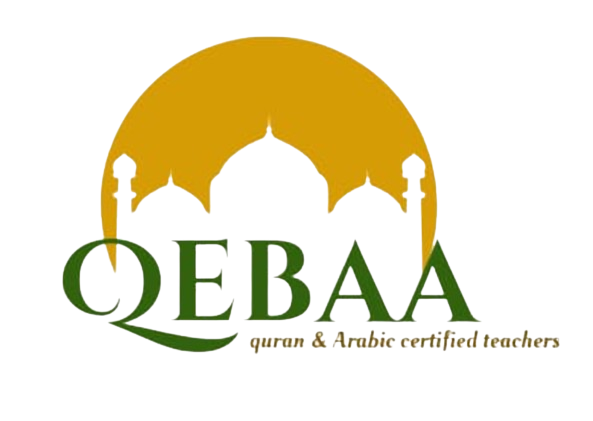Understanding Social Justice in Islam
Social justice and equity are fundamental principles in Islam, deeply rooted in the teachings of the Quran. This guide aims to explore the Quranic perspectives on these crucial aspects of societal well-being, shedding light on the principles, values, and practices advocated within the Islamic framework.
Understanding Social Justice in Islam
- Conceptual Framework
In Islam, social justice encompasses fair treatment, equality, and the fulfillment of rights for all individuals within a society. It emphasizes the importance of upholding justice in economic, legal, social, and political spheres.
- Equality before God
The Quran emphasizes the equality of all individuals before God, irrespective of their social status, race, or background. The concept of "Ummah" (community) underscores the unity of believers and their collective responsibility to promote justice and equity.
- Economic Justice
Islam advocates for economic justice through principles such as Zakat (obligatory charity), which aims to redistribute wealth and alleviate poverty. The prohibition of usury (riba) and exploitation in financial transactions further promotes economic fairness.
Principles of Equity in Islam
- Fairness and Integrity
The Quran emphasizes the importance of fairness (adl) and integrity in all dealings, whether personal, social, or economic. Upholding honesty, transparency, and accountability is central to promoting equity.
- Equal Rights and Opportunities
Islam recognizes the inherent dignity and rights of every individual, regardless of gender, ethnicity, or social status. It advocates for equal opportunities in education, employment, and participation in public life.
- Social Welfare and Support
The Quran encourages the provision of social welfare and support systems for vulnerable groups such as orphans, widows, and the disadvantaged. Acts of charity (sadaqah) and benevolence are highly regarded in Islam.
Practical Applications of Quranic Values
- Legal Justice and Human Rights
Islamic law (Sharia) emphasizes the protection of human rights, including the right to life, liberty, and dignity. It promotes just legal systems that uphold the rights of all individuals, including minorities and marginalized groups.
- Conflict Resolution and Mediation
The Quran advocates for peaceful conflict resolution and reconciliation through dialogue, mediation, and arbitration. It encourages forgiveness, reconciliation, and the avoidance of violence in resolving disputes.
- Social Cohesion and Inclusivity
Islam promotes social cohesion by fostering mutual respect, tolerance, and inclusivity among diverse communities. It condemns discrimination, prejudice, and oppression based on race, religion, or ethnicity.
Secondary Heading: Challenges and Opportunities
Despite its principles of social justice and equity, Islam faces challenges in practice, including socio-economic disparities, political instability, and cultural barriers. However, there are opportunities for positive change through education, advocacy, and collective action.
Conclusion
The Quranic perspectives on social justice and equity provide a comprehensive framework for building fair, inclusive, and harmonious societies. By upholding principles of fairness, equality, and compassion, individuals and communities can work towards a more just and equitable world guided by Islamic values.


